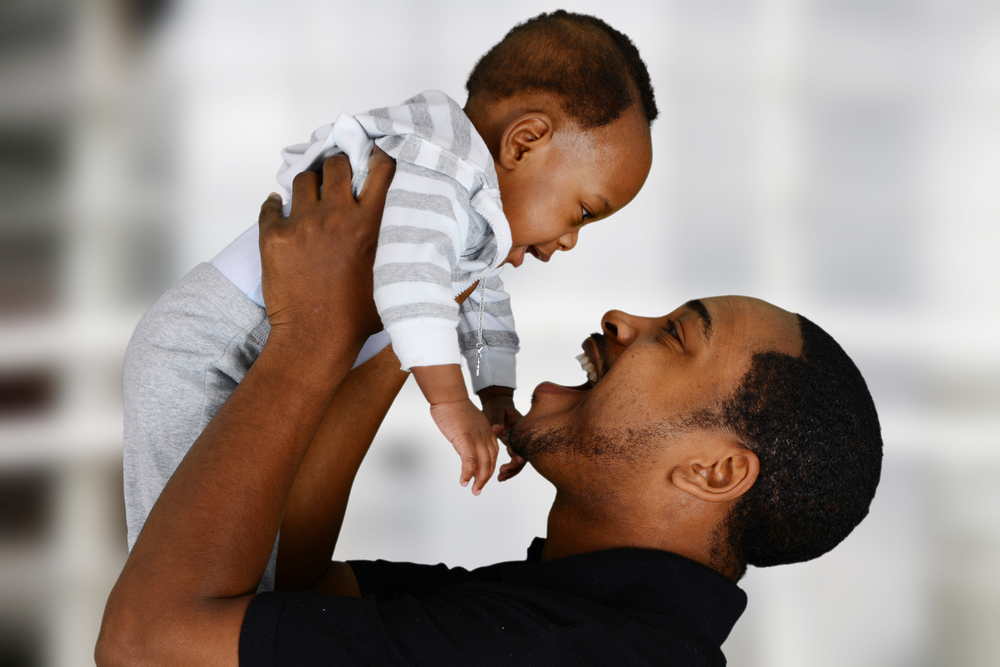Parenting is a life-long undertaking. Therefore, caring for the child is very important. Children need to be well looked after, loved, provided with basic needs including food, clothing and protection. They must feel secure. Children do not just grow up; growing up is more of a natural aspect. Children develop, and development comes with discipline and character. The role of a parent is essential in this process. When the child grows up, the core principles and morals you will have implanted will remain intact. The child will of course grow older, worldlier and hopefully wiser. In turn, he or she will have become more socially and economically well-grounded. Soon, the child will be a father and a husband, a mother and a wife with all those roles as well as attend to social responsibilities and expectations.
Children who fail to receive love while growing up tend to be withdrawn and isolated. They also have little or no feelings. A child must receive a lot of love, wholesome affection from the parent. A child who fails to receive love and care and attention from parents will often seek it elsewhere. This is because such a child has a craving for this lack of wholesome, love, care and concern in the home. In several instances, this drives children to seek it elsewhere in form of friendship, sex, drugs and substance abuse. Unfortunately, they too often find it in illicit sexual encounters, peer relations or crime.
As Godly parents, we teach and instruct the child. When we do so, we are not simply presenting a list of rules and regulations to be followed. Instead, we are letting our actions speak to the child. This is by training him/her according to God’s standards. This includes our way of life. A parent is the first and foremost teacher. God’s command is:
“Train up a child in the way he should go, and when he is old he will not depart from it.” (Proverbs 22:6)
The Godly parent understands only too well the necessity of God’s laws. Parents do not have to impose any of their own values upon the child but the ethos of their religion and society. You must provide the child with the understanding of how God’s rules govern all our lives. Then, as the child matures, he/she develops a habit of doing right. This is by serving God through making his/her own godly decisions.
A responsible parent SPEAKS to the child as follows:
1. Sets clear limits for the child including regulations as well as boundaries.
2. Pays close attention to the child’s feelings.
3. Ensures consistency and understanding in all actions.
4. Asks the child to explain their feelings, thoughts and actions and listens carefully.
5. Knows limits: is reasonable, not too strict and neither too permissive.
6. Spells out acceptable behaviour and norms to the child.
Modelling and Shaping
While a parent has significant influence on the child, there are other influences such as media, peers, church, school, neighbours and the general community. As a parent, ensure that you don’t allow others to negatively influence your child. This is because harmful and undesirable influence has adverse effects, that is, it steadily erodes the values and norms that you have built into your child. Therefore, while it is not wise, or even possible, to isolate yourself or your child totally from the outside world, you must faithfully fulfill your responsibility as a parent to ground the child in virtuous ways. This includes religious teaching and formation.
With proper grounding, such a child will increasingly be ready to face the diversity of opinions and cultures and make positive decisions.








